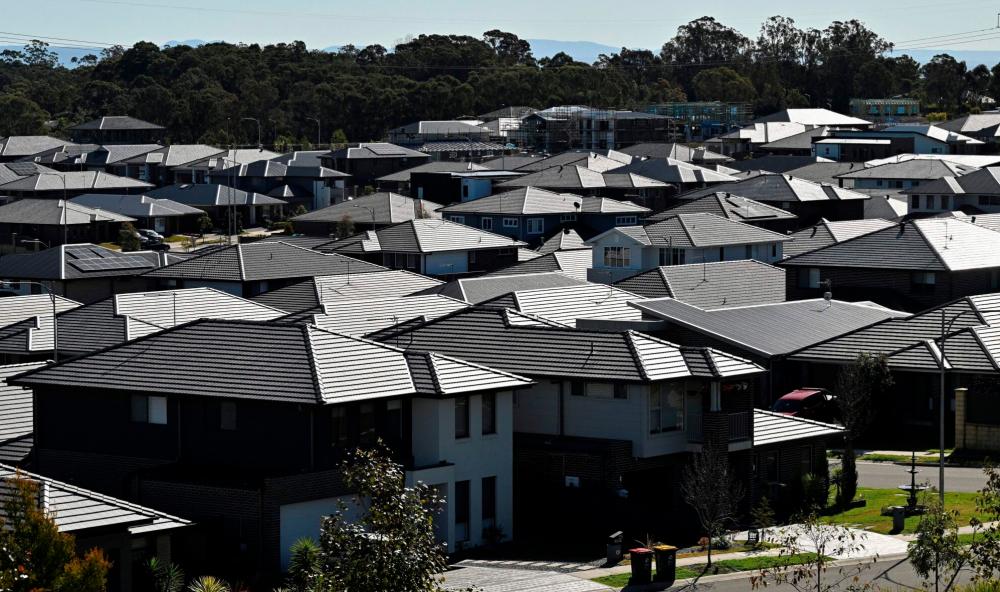KUALA LUMPUR: Malaysian property owners in Australia, particularly in Victoria, New South Wales and Queensland, will face significant challenges due to newly introduced surcharges on foreign-owned real estate that will take effect from Jan 1, 2025.
According to the register of foreign ownership, 1,703 property purchases by overseas buyers in Victoria during the 2022 financial year indicate that the changes will impact a substantial number of Malaysians.
The latest Australian tax regulations are putting enormous financial pressure on foreign property investors, particularly those from Malaysia.
In Victoria, an absentee property owner with a land value of A$750,000 (about RM2.32 million) will be required to pay A$33,150 (RM94,140) annually in land tax and absentee surcharges under the new policy.
In New South Wales, foreign investors currently pay A$30,000 (RM93,000) annually for a property with a land value of A$750,000. However, starting Jan 1, 2025, the land tax surcharge in NSW will increase to 5% from 4%, raising the annual payment to A$37,500 (RM 116,250).
In Queensland, absentee owners for the same land value will pay A$20,250 (RM57,523) annually.
TJD Accounting Services international taxation specialist Dominic Murphy said these tax figures are alarming when converted to ringgit, almost tripling the financial burden on Malaysian investors.
He said many find it increasingly unaffordable to keep their properties, especially as these taxes must be paid in Australian dollars.
“These are surcharges issued by the respective State Revenue Offices (SRO). One can visit the website of the state where their property is located and calculate their surcharges,“ Murphy told SunBiz.
Those owning properties in Victoria will be exceptionally hit hard – if not already.
“As of Jan 1, 2024, many foreign property owners were not subject to Victorian land tax and surcharges as the threshold was A$350,000 and above before land tax applied. But as part of the Victorian government’s Covid Recovery Plan, the threshold has dropped to A$50,000, capturing most property owners (residents and non-residents) off-guard.
The penalties for non-compliance add an extra sting to many foreign property owners unaware of these surcharges.
“You must be diligent and check your ownership status before being notified of non-compliance. Unfortunately, we do not advise on SRO matters. Also, there is often little negotiation room with these organisations, but they may provide payment plans to alleviate financial burdens to some extent.
“It is best to speak to a registered agent, who can negotiate this on behalf, or investors can directly contact their respective SRO,“ said Murphy.
He said the surcharges have spurred more overseas property owners to sell, but they will be trapped by the Foreign Resident Capital Gains Withholding Tax.
The withholding tax is currently 12.5% for properties sold at A$750,000 or above and will increase to 15% for all property sales starting January 2025. This means that even selling the property comes with significant costs.
“Selling property in the current market can be daunting, but with proper planning, we can often minimise the capital gains tax impact to reduce these withholding tax amounts. Given the current tax landscape, we advise many clients to consider alternative investment structures,“ Murphy said.
He noted that alternative solutions like trusts can offer more favourable tax treatment in certain circumstances.
The commercial and residential director of Melbourne-based Tiga, Patrick Sia, said due diligence is crucial when investing.
“Engaging a reliable solicitor, financial adviser and mortgage broker is as important as working with a competent real estate agent. Both residential and commercial properties have unique advantages and disadvantages, depending on the investor’s goals.
“Commercial properties are complex, prompting some to diversify their portfolios across sectors. Recently, we’ve seen more inquiries about strata properties, often with lower land tax than standalone properties. This reflects growing interest in affordable investment options,” said Sia.
Murphy said, “While we provide comprehensive tax advice, especially when overseas clients want to sell or update their tax returns, I strongly recommend that they also work with foreign mortgage or lending specialists and conveyancers experienced in foreign property investments.
Foreign lending specialist Tim Robinson concurs. “Getting a professional who is very familiar and experienced with the complex marketing of foreign loans can help give some financial relief. They can review your structure and discuss refinance options to reduce your repayments significantly.”
Award Mortgage mortgage broker Lisa Loh said foreign investors must reassess or refinance their loans regularly. “In this ever-changing tax and property landscape, taking proactive steps can ease financial pressure and open up new opportunities to get the most out of your investments.”
SunBiz previously quoted a statement on the Australian Treasury website stating that the Albanese Labor Government is implementing significant new measures to strengthen the integrity of the capital gains tax rules for foreign residents in its efforts to ensure that foreign residents contribute their fair share of taxes.
Treasurer Dr Jim Chalmers said, as announced in the Mid-Year Economic and Fiscal Outlook and Budget 2024–25, the changes will ensure foreign residents comply with their tax obligations in Australia and complement the government’s initiatives to improve housing affordability for Australians.
“The government will also bring our foreign resident capital gains tax rules in line with international best practice by aligning the treatment for non‑residents more closely with those that already apply to Australian residents. Foreign residents will be required to notify the ATO (Australian Taxation Office) before the transaction occurs when they dispose of certain high‑value assets so the ATO can make sure that tax is appropriately paid in Australia.”









